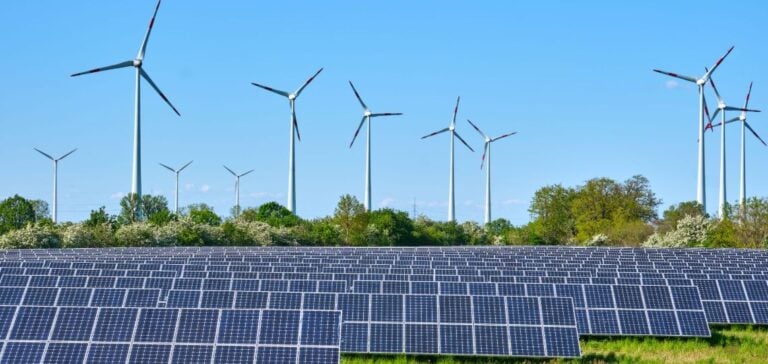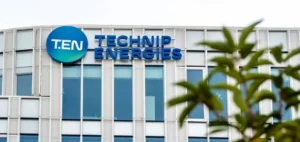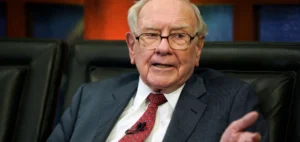A strategic investment in Africa
The International Finance Corporation (IFC), a subsidiary of the World Bank, has announced a $30 million investment in Inspired Evolution Fund III, a private equity fund specializing in energy infrastructure development. The fund, designed to meet the growing infrastructure needs in Sub-Saharan Africa, is managed by the Mauritian company Inspired Evolution Managers Limited.
Launched in 2022, the fund aims to raise a total of $400 million. To date, it has collected $222.4 million through two successive closings. The first closing, finalized in 2023, raised $199.4 million with significant contributions from institutions such as the African Development Bank (AfDB) and the European Investment Bank (EIB). A second phase, concluded in the first half of 2024, added an additional $23 million from new private and institutional investors.
Financial and operational objectives
The primary goal of this investment is to support projects related to renewable energy and energy efficiency in targeted regions. The priority intervention areas include primarily Sub-Saharan Africa, with potential extensions to certain North African markets.
For the IFC, this operation is part of a broader strategy to diversify its global portfolio. By integrating assets in Africa’s energy sector, the IFC aims to capitalize on the yield opportunities offered by a high-potential market while strengthening its position in an expanding sector.
An experienced private equity player
Since its founding in 2007, Inspired Evolution Managers Limited has built a solid reputation by contributing to the financing of more than 2 GW of energy capacity in Africa. Its approach focuses on targeted investments, combining growth capital and infrastructure development.
Past performances of the fund demonstrate its ability to attract financing from international institutions and channel it into concrete projects, mainly in high-potential sectors such as wind, solar, and energy efficiency technologies. These projects are selected not only for their potential impact but also for their economic viability and return on investment.
A competitive energy sector
Sub-Saharan Africa is considered a strategic region for energy development. This market attracts global investors due to its significant infrastructure needs and growth potential. However, competition remains high, and funds like Inspired Evolution must balance risk management with opportunities.
With this operation, the IFC aims to reinforce its presence on the continent while addressing specific financial objectives. This approach aligns with its institutional development goals while remaining results-oriented.






















